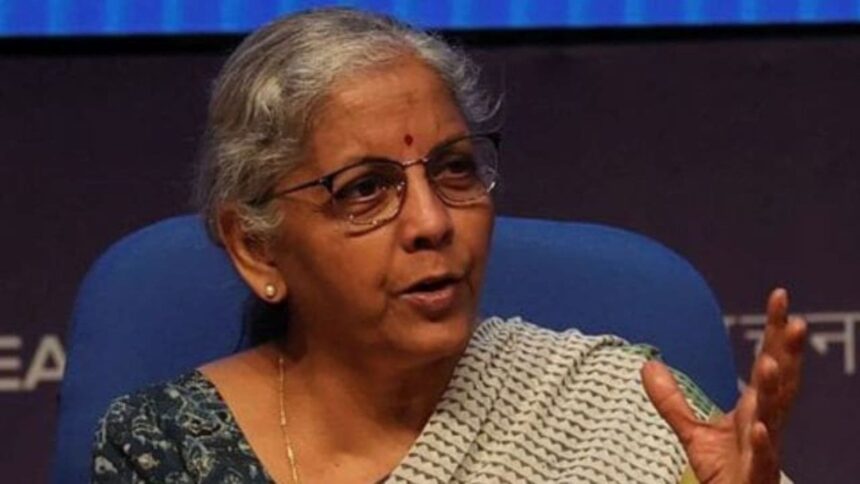In a meeting with top banking and insurance officials, and financial sector regulators Friday, Finance Minister Nirmala Sitharaman directed banks to conduct regular audits of their cybersecurity systems and data centres to ensure that all digital and core banking infrastructure is fully firewalled and monitored round the clock to prevent breaches or any hostile cyber activity. The meeting took place amid heightened concerns that the country’s critical infrastructure could be hit by cyber attacks in the ongoing tensions between India and Pakistan.
The Finance Minister also asked banking executives to designate two dedicated senior officials, one for reporting all cyber-related matters and the other to ensure operational matters, including the functioning of bank branches and the availability of cash in ATMs. Both these officers should report any incident to the Indian Computer Emergency Response Team (CERT-In), the Reserve Bank of India, and the Department of Financial Services (DFS) on a real-time basis.
Emphasising the critical role of the banking and financial sector in ensuring economic stability during heightened geopolitical tensions, Sitharaman directed all banks to remain fully alert and prepared to deal with any eventuality or crisis, ensuring uninterrupted access to banking and financial services for citizens and businesses across the country, especially in border areas. A person who participated in the meeting said that banks and financial institutions were asked to be prepared so that there were no disruptions in service.
She also asked banks to prioritise seamless cash availability at ATMs, uninterrupted UPI and internet banking services, and continued access to essential banking facilities. The Finance Minister also directed insurance companies to ensure timely claim settlements and uninterrupted customer service.
The meeting was attended by senior officials from the DFS, CERT-In, RBI, the Insurance Regulatory and Development Authority (IRDAI) and the National Payments Corporation of India (NPCI).
The banking executives informed the minister that their cybersecurity measures have been reinforced throughout the banking system. Anti-DDoS (Distributed Denial-of-Service) systems have been implemented by banks to protect against massive cyber-attacks. A DDoS is a cyberattack where an attacker overwhelms a website, server, or network with malicious traffic from multiple sources, making it slow or inaccessible to legitimate users.
To guarantee institutional readiness, mock drills have been held encompassing cybersecurity and disaster recovery scenarios at the highest levels. Banks are actively monitoring phishing attempts and have issued several internal alerts to their staff to increase awareness.
Bank officials also said that their security and network operations centres were operational and on high alert. These centres are coordinating closely with CERT-In and the National Critical Information Infrastructure Protection Centre (NCIIPC), facilitating real-time data sharing and threat monitoring.
Expressing concern about the safety of bank employees and their families working at branches in border areas, the Finance Minister directed banks to ensure their adequate safety by effectively coordinating with security agencies.
She remarked that banking services, both physical and digital, must function without disruption and glitches. The Union Finance Minister remarked that emergency protocols should be updated and tested to handle any arising contingencies. Sitharaman also said that the Sponsor Banks should ensure that Regional Rural Banks (RRBs) are well-supported during these times and hand-hold them for any issues that they are facing.








